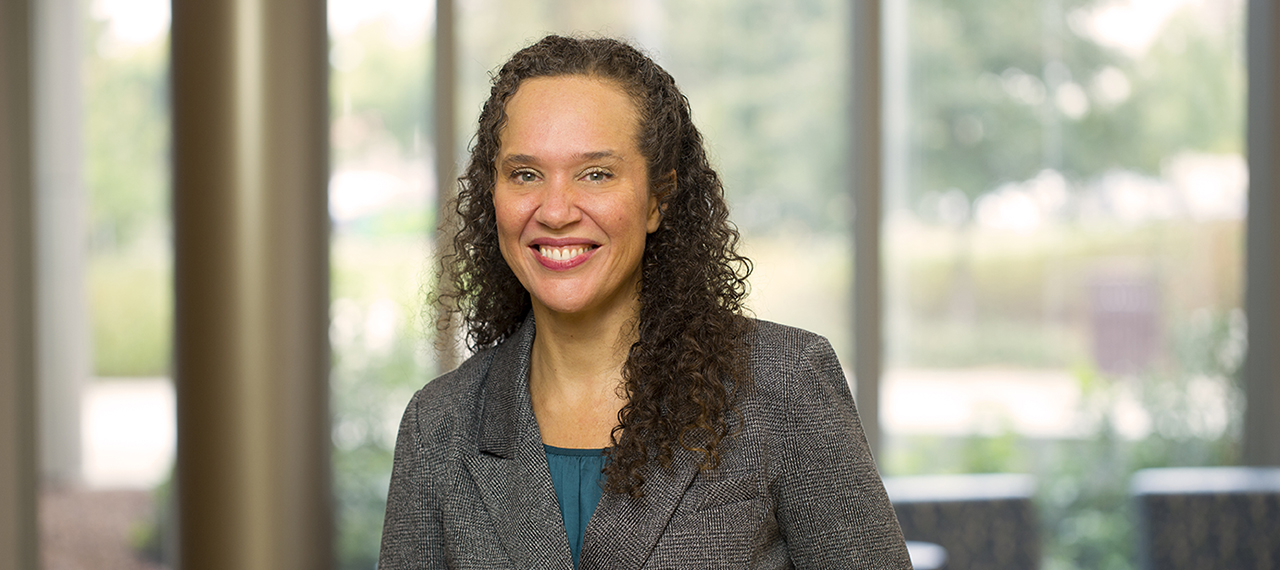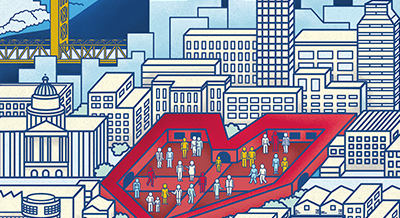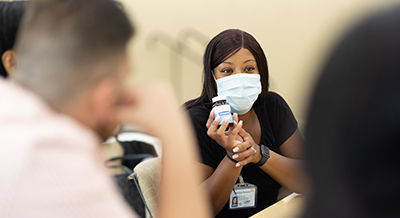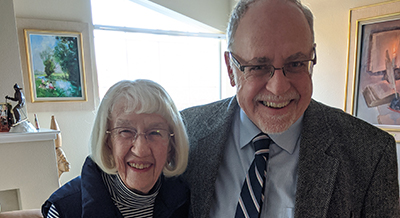A commitment to health equity begins with established goals and principles to achieve such a vision. However, leaders at the Betty Irene Moore School of Nursing at UC Davis believe it is only through life-long learning and regular reflection that a group may see this commitment lead to substantive societal change.
For her first year as the school’s leader for Health Equity, Diversity and Inclusion, Piri Ackerman-Barger worked to develop the infrastructure to support the school’s vision for health equity. Ongoing training and education were developed and offered regularly. A strategic plan for health equity, diversity and inclusion was finalized and in implementation.
In partnership with both the UC Davis Health Office of Health Equity, Diversity and Inclusion and the Davis campus Equity, Diversity and Inclusion Office, Ackerman-Barger set a course to ensure regular, ongoing communication within the school and beyond to ensure consistent reflection of these efforts and clearly establish a pattern of life-long learning.
“Participation of everyone is essential,” she says. “It’s the responsibility of every member of our school — as educators, students, staff and partners — to maintain and foster a culture of inclusion.”
By the end of 2021, Ackerman-Barger launched a year-round initiative to ensure the school community was aware and engraining the school’s goals in their daily work and lives. Adopting the theme, Nurturing a Culture of Equity, Ackerman-Barger provided students, faculty and staff coffee mugs and stickers to serve as reminders of the work ahead.
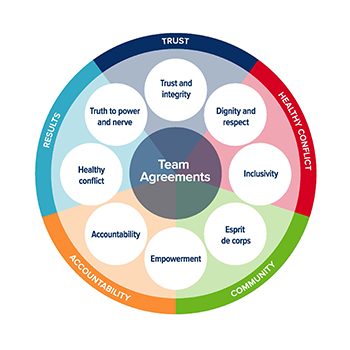 The school’s Team Agreements, eight principles developed by faculty and staff a few years prior under the leadership of Professor Deb Bakerjian, served as a guide for how the school community can function together as team members working toward a common goal.
The school’s Team Agreements, eight principles developed by faculty and staff a few years prior under the leadership of Professor Deb Bakerjian, served as a guide for how the school community can function together as team members working toward a common goal.
In addition to publishing a website outlining what each principle entails, the committee launched regular discussions. At each monthly schoolwide faculty and staff meeting, participants devoted time to exploring each agreement, both as a full group and in smaller, breakout groups. Over the course of 2022, the team shared each of the eight values through emails and on digital signs throughout the school.
“The ongoing conversation is really important,” Ackerman-Barger explains. “We all need tools to learn how to enact these values in the work each of us does every day. We need the time to think, ‘What does this mean for me and what I do? What does this mean for us and what we can do?’”
She likes to share a quote from Harvard University Professor David Williams as a perfect primer for these efforts.
“The health equity movement is just that: a movement of people committed to advancing health equity for all communities. It requires the participation and unwavering commitment of all of us, working together to address the determinants of health and advocating for improving the quality of life for those who have been historically ignored and excluded from opportunities afforded other privileged groups,” Williams wrote in the foreword of the book, The Political Determinants of Health, by Daniel E. Dawes, published in 2020.
A movement is exactly what is happening at the school, Ackerman-Barger says. “We are a learning organization. By enhancing our own work, we can turn the tide in our national discourse on race, equity and justice.”


